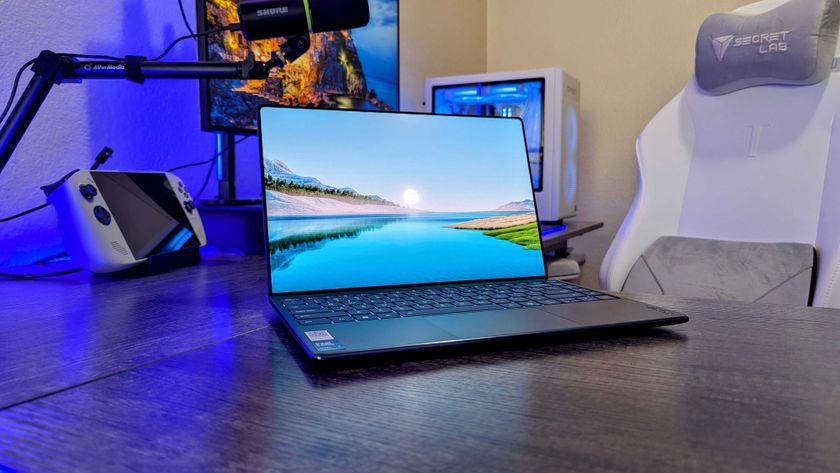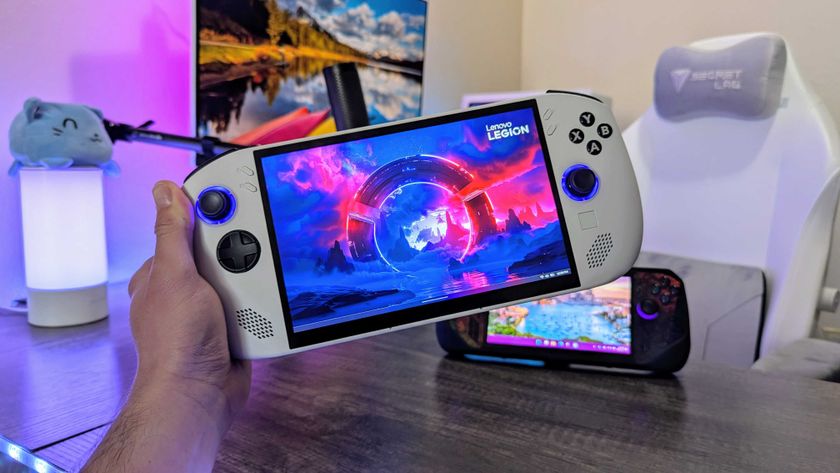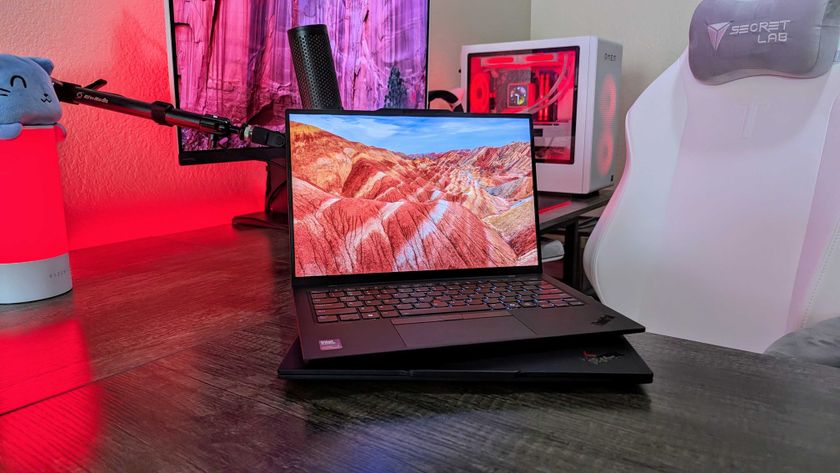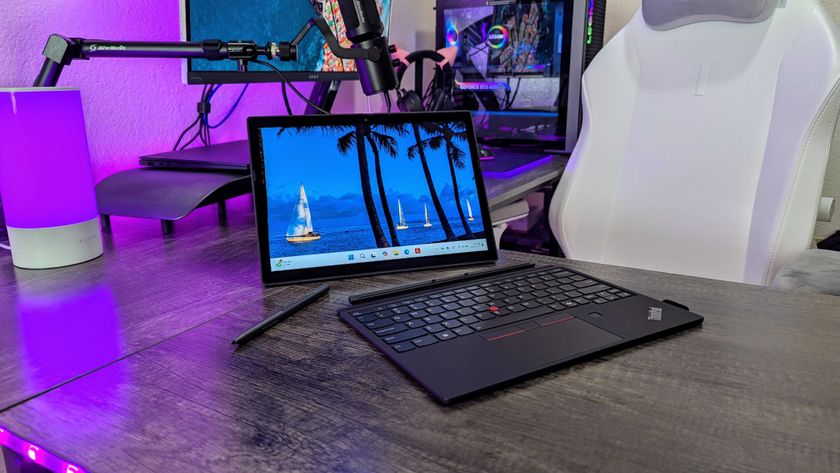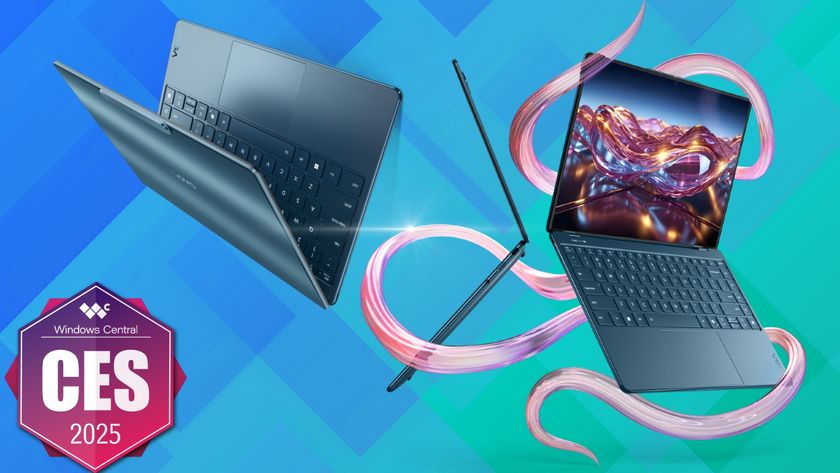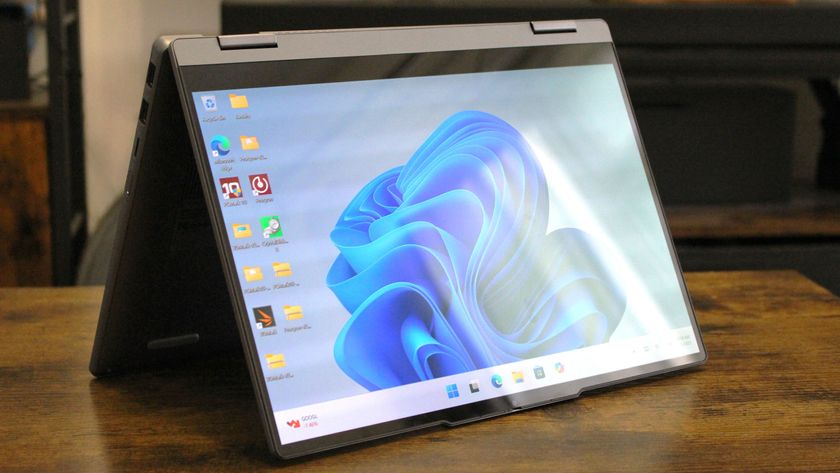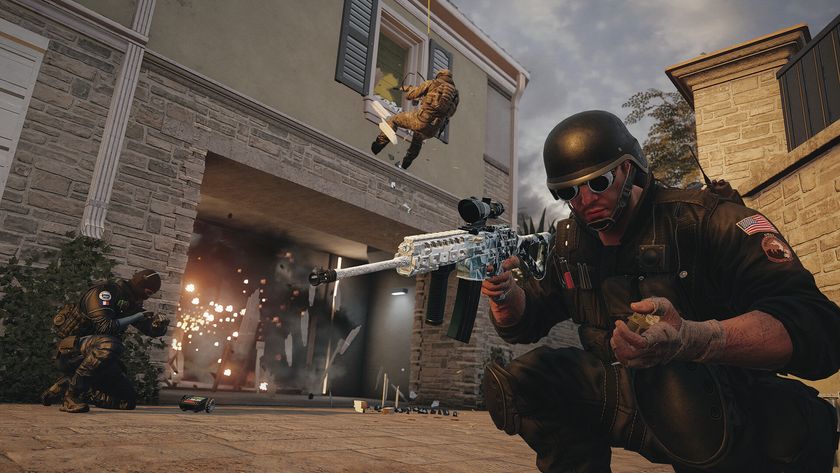Lenovo silently reduces rated battery for the Yoga 3 Pro, lowers its price
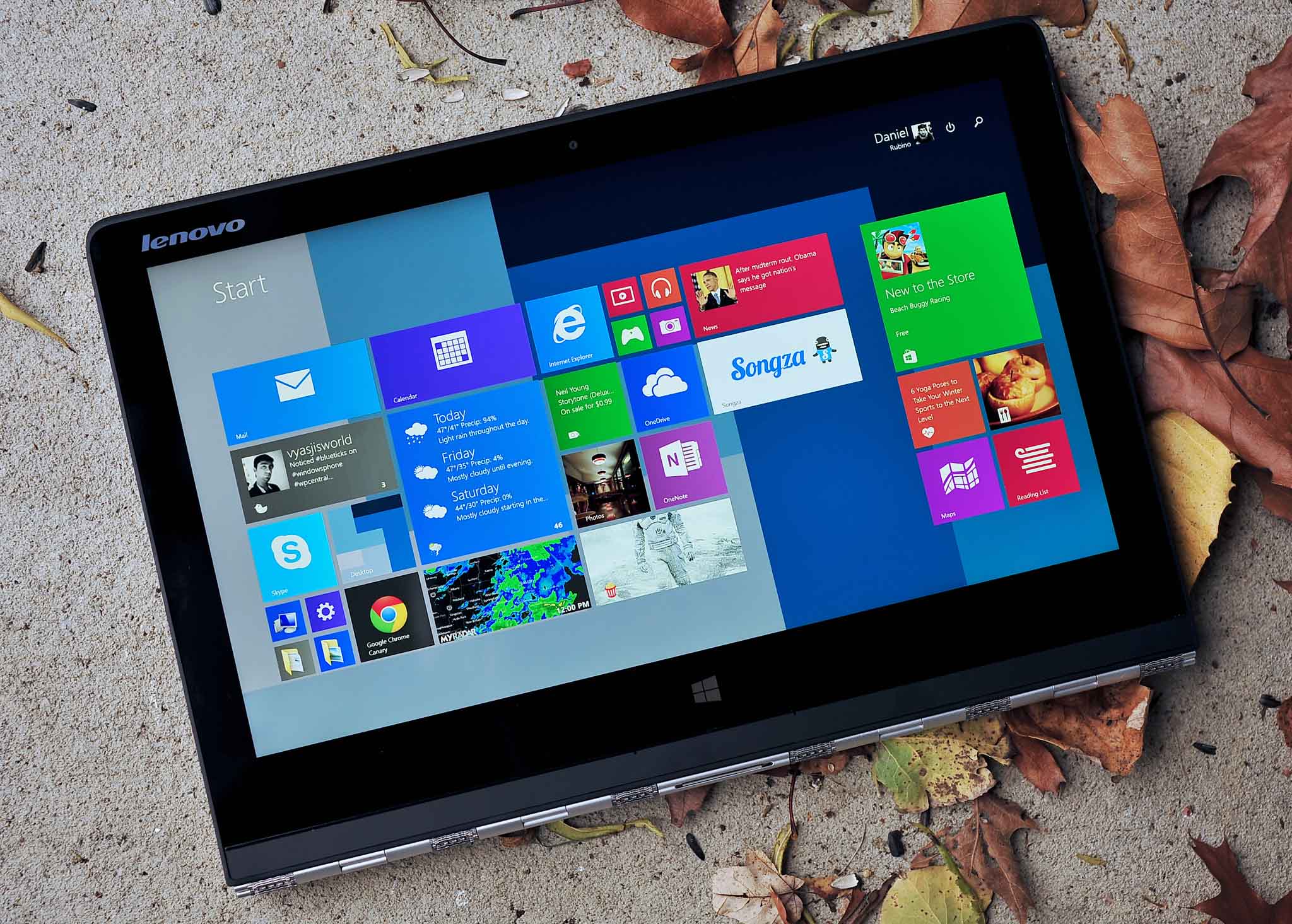
Earlier in October, Lenovo wowed the tech media, including us, with their new Yoga 3 Pro ultralight Ultrabook. Coming in at just 2.6 pounds and being as thin as a pencil, the third edition of the popular consumer Yoga PC line looked outstanding.
However, since its release, the pricey 2-in-1 laptop has garnered some less than impressive reviews, including one from me. Although the hardware and design are admirable, the promised 'up to 9 hours' battery life seemed to be a major exaggeration only obtainable in some undiscovered perfect universe.
The other major quibble was the new Core M 70 Broadwell processor. The Broadwell series of processors are a significant shift for Intel as this new line draws significantly less power and comes with a major reduction in size. However, the edition found in the Yoga 3 Pro is the Broadwell Y-series, which is tuned better for tablets than laptops. As a result, the performance suffers for desktop apps as compared to current Core i5 devices, including the Yoga 2 Pro. (The contrasting Broadwell U-series offers much more power akin to the current Core i5s, but those are not due until sometime in 2015. That version will likely make its way into a 'Surface Pro 4' by mid-2015)
Related: Unboxing and tour of the Lenovo Yoga 3 Pro
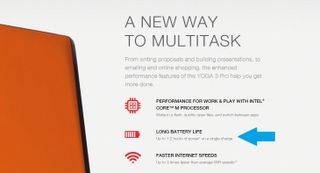
Now, Lenovo has stealthily updated the language on the Yoga 3 Pro landing page, reducing the estimated battery life from 'up to 9 hours' to a more evenhanded 7.2 hours.
In having used the Yoga 3 Pro for a few weeks now, I can say that the 7.2-hour rating is certainly more in line with real-world expectations (although it still falls on the high end). Lenovo does include many power-savings tricks with the Yoga 3 Pro, and if you cut back on screen brightness and CPU speeds, you can probably achieve seven hours of usage. However, under normal conditions you are almost certainly looking at five to six hours.
Additionally, Lenovo has lowered the price from $1,349 to a slightly more sensible $1,299, shaving off around $50 from the original price we paid. They also cunningly changed the suggested price to $1,499 and used the "Save $200!" line to make it even more appealing.
Microsoft is promoting the Yoga 3 Pro as competition against the popular MacBook Air with a new TV ad.
Get the Windows Central Newsletter
All the latest news, reviews, and guides for Windows and Xbox diehards.
A second opinion?
The only reason I found out about this sleight-of-hand change by Lenovo was I was revisiting the Yoga 3 Pro last night. I do not hate the Yoga 3 Pro by any means, and in showing it off to fellow Windows Central writer Seth Brodeur, I was reminded about how impressive it is in many ways.
The reduction in weight for the Yoga 3 Pro is extremely noticeable, making the design truly remarkable – it feels like nothing on the market. Although the similar Acer S7 Ultrabook comes in at a comparable 2.87 pounds, the Yoga 3 Pro's weight difference is apparent when comparing the two.
Likewise, the display is still near the top in terms of quality, especially with the (slightly overkill) 3200 x 1800 QHD+ resolution. I even found myself using it for an extended time in tablet mode, which is a first for me with these 2-in-1s.
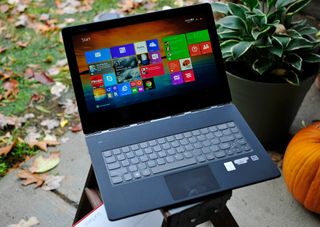
In short, it is still a very cool device, and I plan to try to use it more often in my daily life. The reduction in price and the more forthcoming battery life numbers at least make evaluating the Yoga 3 Pro more realistic, as the resentment came from the earlier over-exaggeration by Lenovo.
Is a solid 5 or 6 hours' worth it for an ultra-portable laptop in late 2014? For many professionals, likely not, but for users who are used to living with those numbers, the trade-off in weight, super high-resolution display, and the 2-in-1 functionality may be something worth considering.
I still maintain that the Surface Pro 3 is a more provocative PC for consumers and professionals, as argued for in my comparison article, but at least Lenovo's revisions puts things in proper perspective.
Does Lenovo's changes affect your desire to pick up their Yoga 3 Pro? Sound off.

Daniel Rubino is the Editor-in-chief of Windows Central. He is also the head reviewer, podcast co-host, and analyst. He has been covering Microsoft since 2007 when this site was called WMExperts (and later Windows Phone Central). His interests include Windows, laptops, next-gen computing, and wearable tech. He has reviewed laptops for over 10 years and is particularly fond of 2-in-1 convertibles, Arm64 processors, new form factors, and thin-and-light PCs. Before all this tech stuff, he worked on a Ph.D. in linguistics, performed polysomnographs in NYC, and was a motion-picture operator for 17 years.
